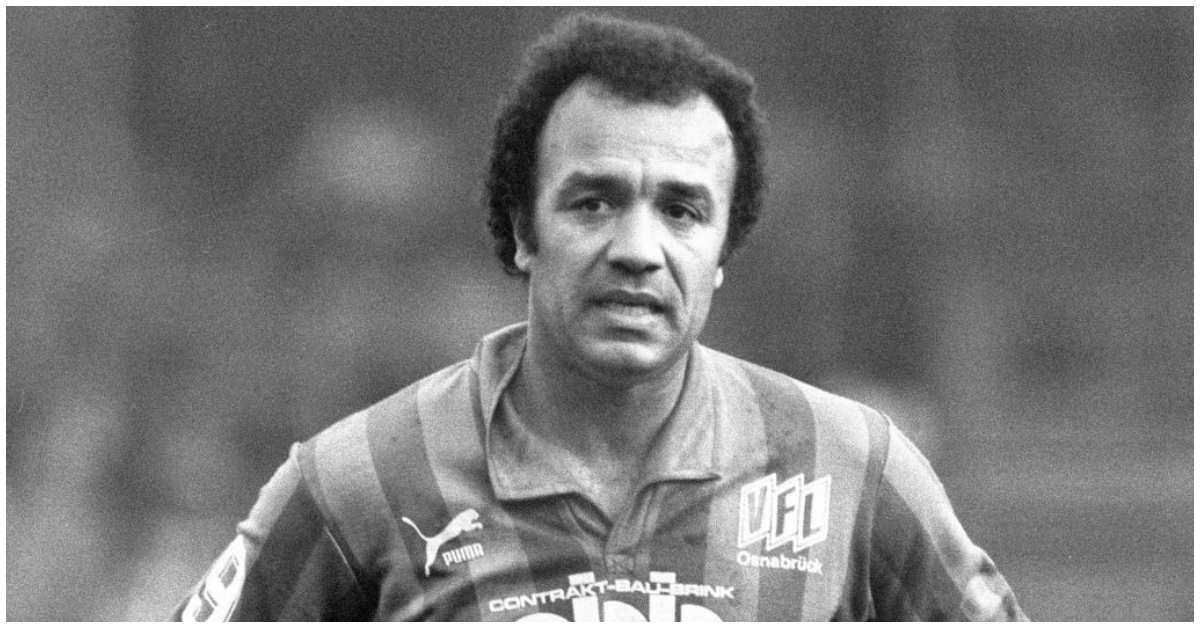Erwin Kostedde made history as West Germany’s first Black national team player in 1975. His groundbreaking appearance at Wembley Stadium against England captivated British media attention.
Pioneering Presence in German Football
Born to a white German mother and a Black US soldier, Kostedde faced significant challenges in professional football. His talent earned him recognition as potentially the next Gerd Müller, Germany’s legendary striker.
Despite his skill, Kostedde endured persistent racism throughout his career. The discrimination came from both supporters and fellow players alike.
His time at Kickers Offenbach, though considered his career peak, was marked by racial taunts. These experiences significantly impacted his performance on the field.
Breaking Barriers at International Level
The March 1975 friendly match at Wembley Stadium marked a watershed moment in German football. West Germany, then reigning world champions, fielded their first-ever Black player.
British media focused intensely on Kostedde’s presence in the German squad. His selection challenged prevalent racial attitudes in European football.
The attention surrounding his international debut highlighted both progress and persistent prejudice. Kostedde’s appearance paved the way for future generations.
Legacy and Impact on Modern Football
Today, Kostedde reflects on his role as a trailblazer for young Black players. His experiences shed light on football’s ongoing struggle with racism.
His story resonates with contemporary discussions about diversity in football. Modern players continue to reference his pioneering role.
The challenges he faced helped shape conversations about inclusion in German football. His legacy extends beyond his playing achievements.
Continuing Influence on German Sport
Kostedde’s career serves as both inspiration and cautionary tale. His experiences highlight the importance of combating racism in sports.
Young players now benefit from his groundbreaking presence. His story demonstrates how far football has come and what challenges remain.
Modern German football celebrates diversity more openly. Kostedde’s courage helped make this progress possible.





